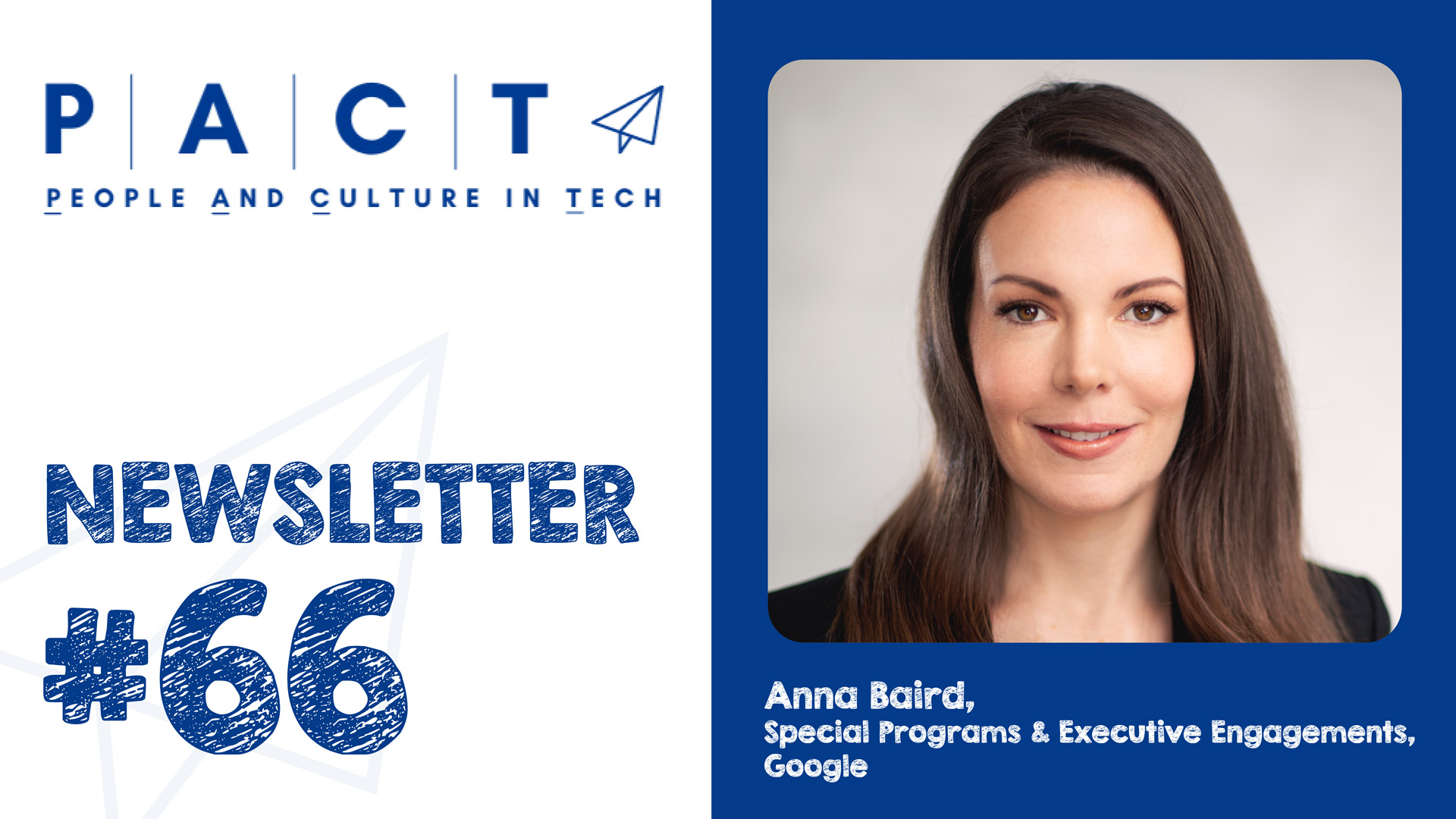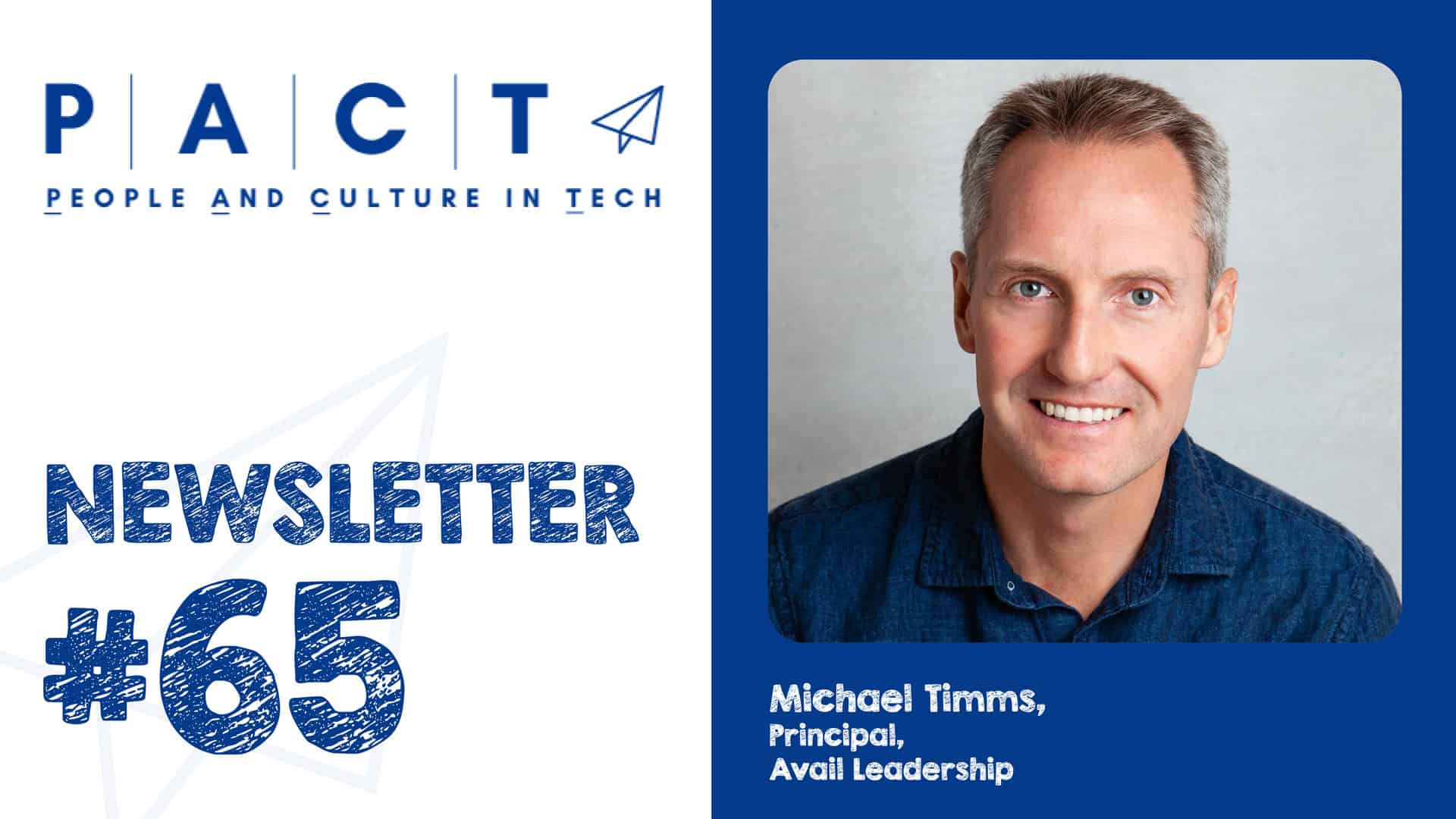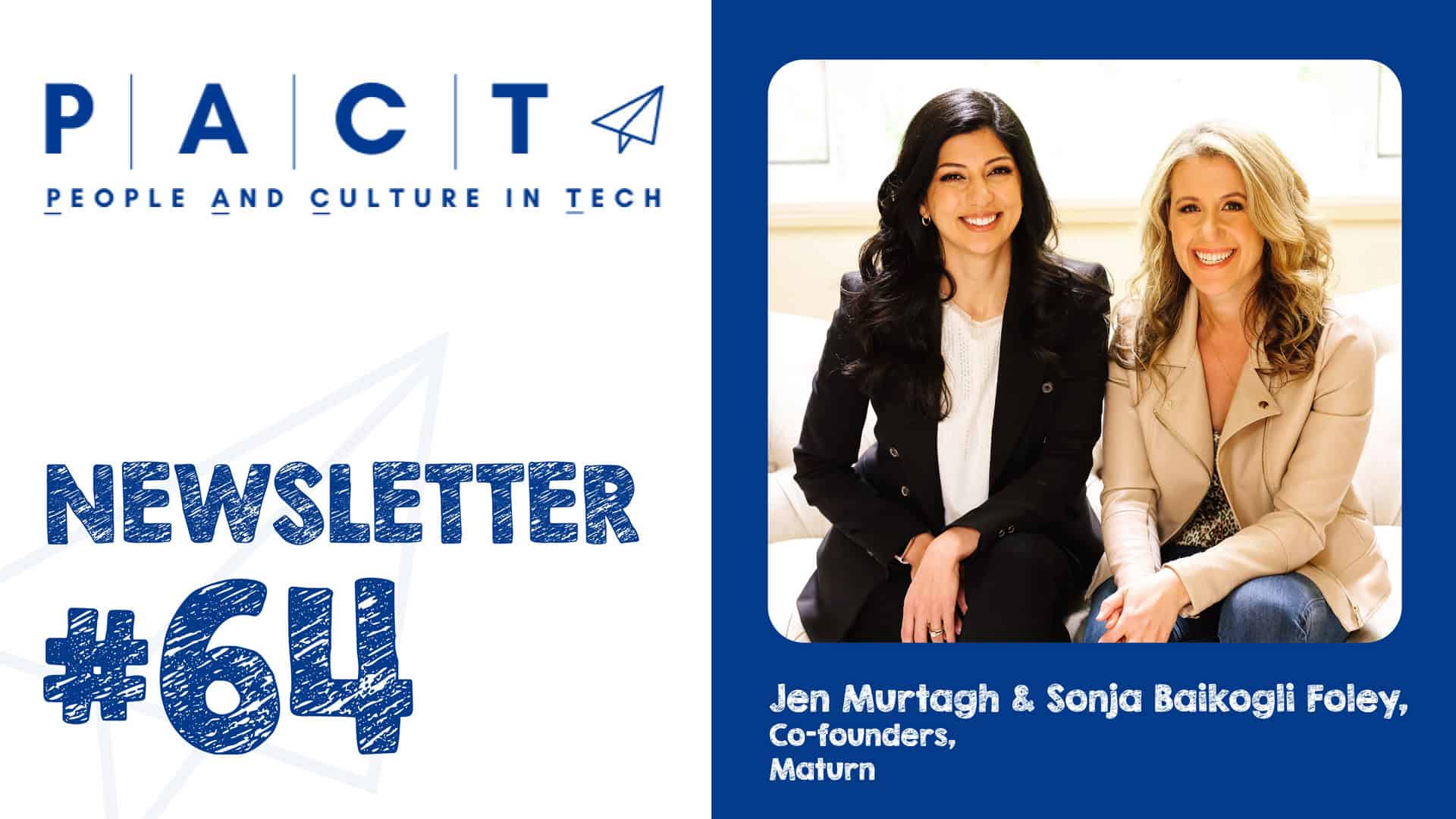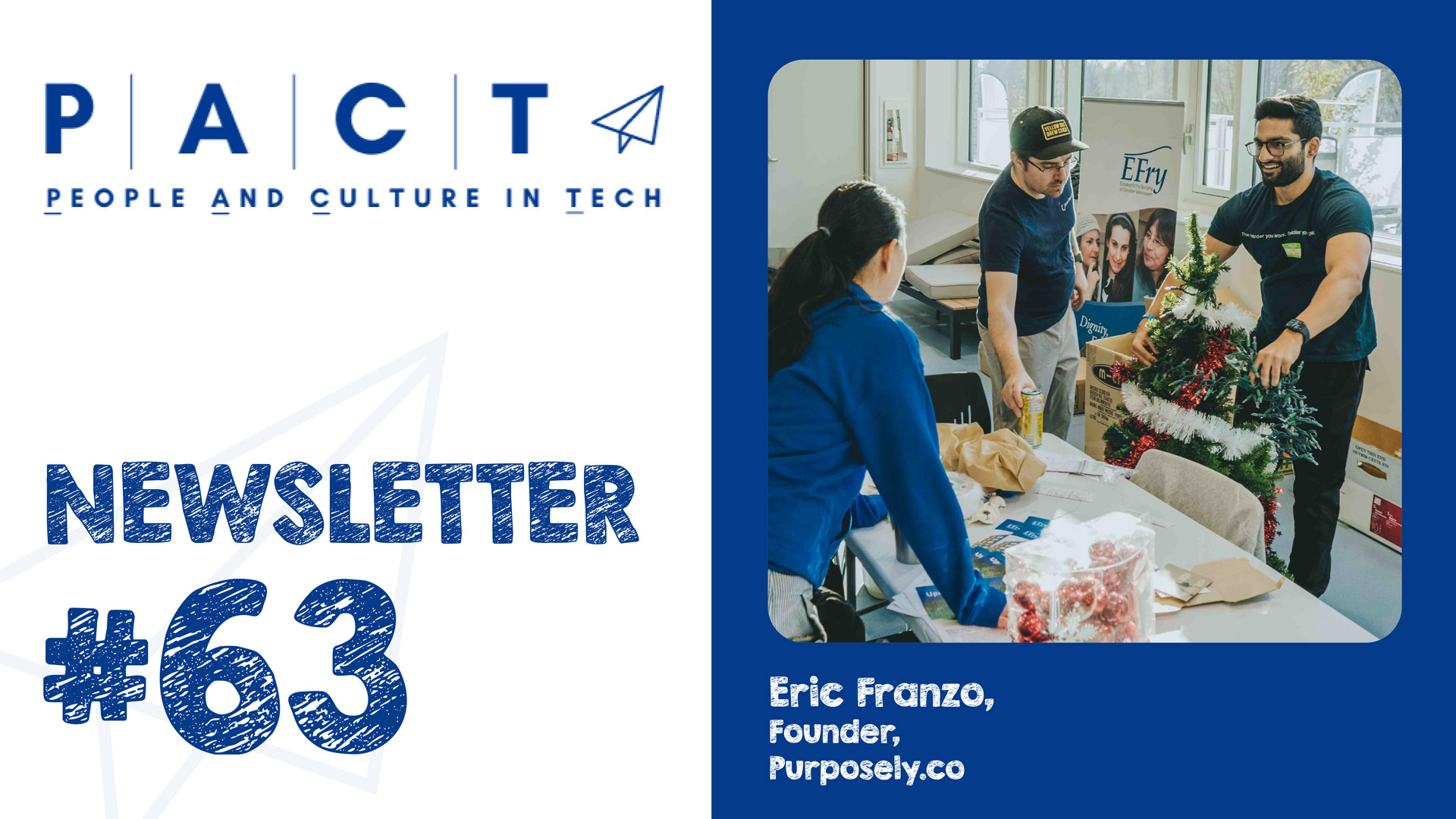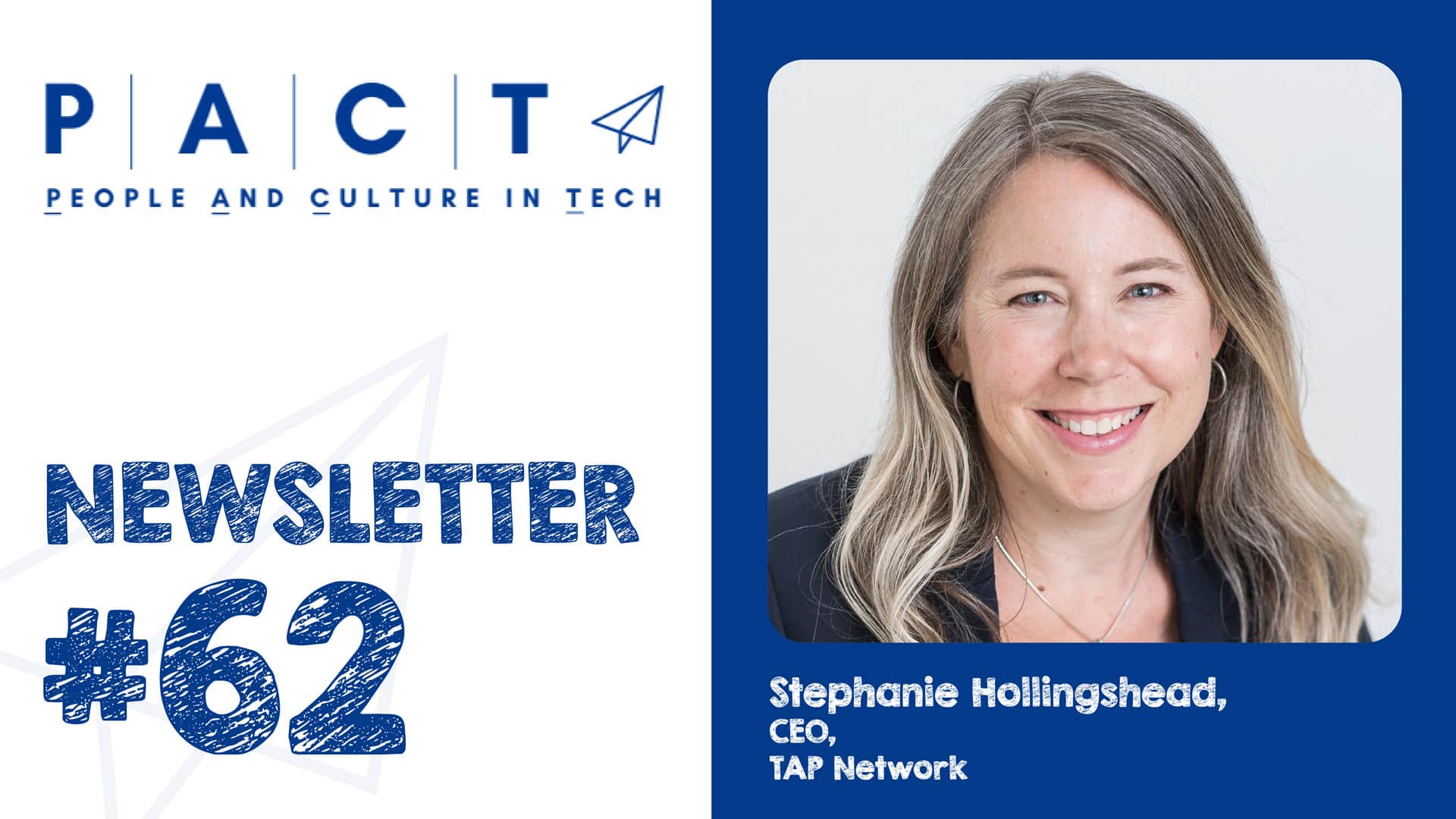Weaving D&I Into Job Posting DNA with Nikki Gore
Jason McRobbie
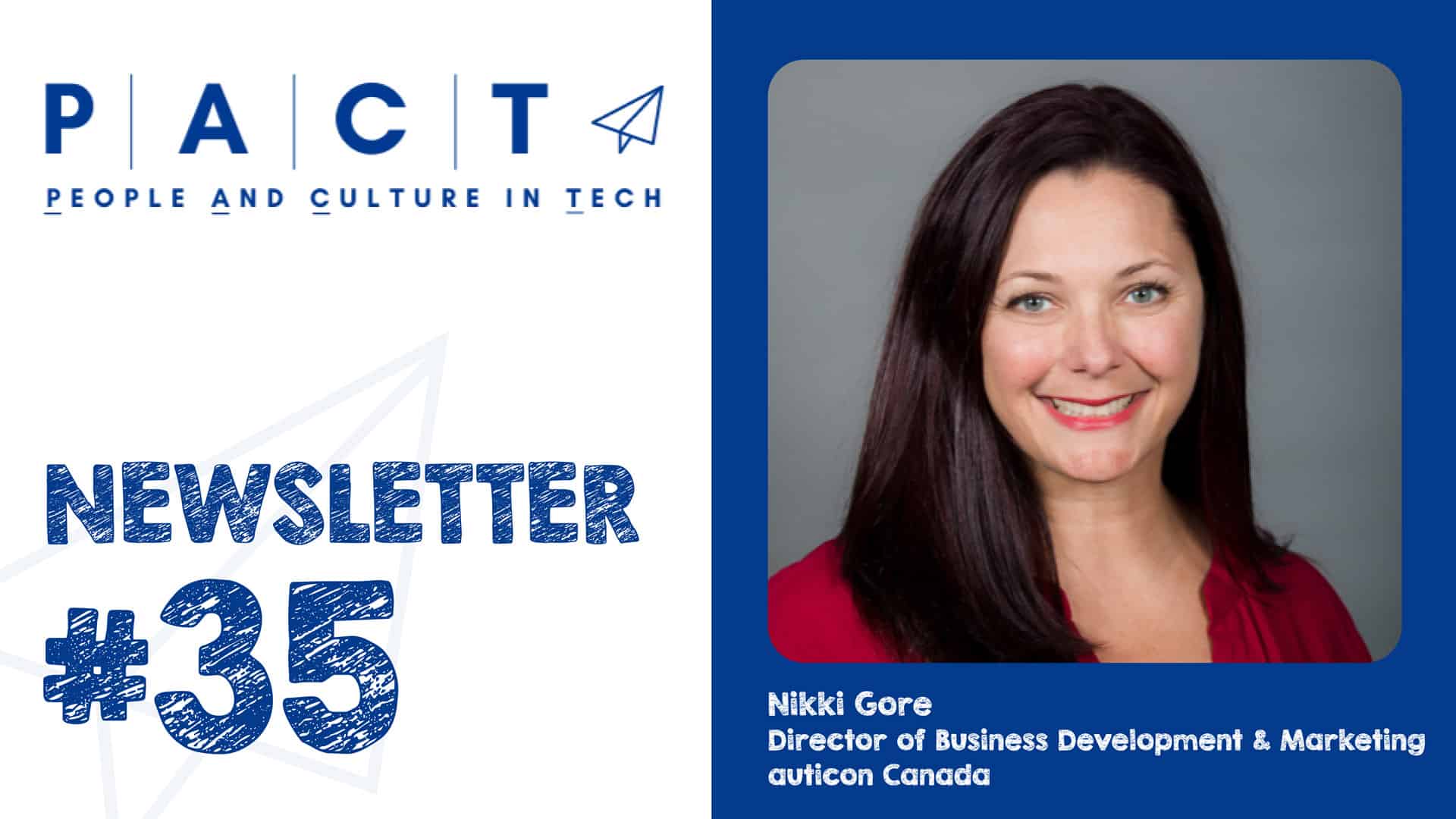
Given the benefits of boosting the diversity of any given team, reaching beyond mainstream talent pools has become both a necessity and an elusive objective. Nikki Gore, director of business development and marketing for auticon Canada, swims in that pool daily, recruiting and representing a growing team of autistic consultants nationwide. We sit down to talk about the disconnects of D&I and how to connect those dots from the start with a few simple changes to job postings.
Key Takeaways:
- Traditional job-postings without a focus on D&I are unintentionally turning away talent.
- Job postings need to be kept neutral, short, flexible and backed by a D&I statement you can speak to when asked.
- Show your commitment to D&I with a candidate process that acknowledges options and accommodations available moving forward.
Are your job postings bringing greater diversity to your team?
While over 90 per cent of job postings may include D&I statements, most are still missing the mark and the wider talent market, explains Nikki Gore, director of business development and marketing for auticon Canada.
As a consulting business specializing in contract-based placement and support of autistic talent, the company grew from Albertan origins three years ago to become part of auticon Global—casting a spotlight on the strengths of an under-utilized talent pool. Coming on board in January 2020 to develop the Ontario market, Nikki soon found herself connecting with the broader pool of neurodivergent talent across Canada.
“One of the big pains all companies are dealing with is around retention, around competing for talent, especially in high-demand areas like marketing, technology, data skills,” said Nikki, who like many at auticon were drawn to the company by a personal connection, her youngest son being autistic also. She has since become part of something that satisfies on several levels and has yielded a wealth of advice for those looking to dig deeper into more diverse talent pools—and failing.
“One of the things we find companies are doing—whether it is through how they write job descriptions, interview, hire and onboard—is unintentionally excluding a whole pool of talent,” said Nikki. “We talk about it all the time and it’s not intentional. Right from the beginning with the job description, you could be excluding a whole community of talent, just because of your choice of language, how you structure it and what you might be missing. A lot of times, it’s because you have too much in your job description.”
Here are a few tips Nikki regularly revisits for making D&I part of the DNA of your job postings.
1. Use Neutral Language
For starters, Nikki encourages avoiding gender-based, racialized or overly colloquial language.
“One of the big things we talk about avoiding are words like rockstar, ninja, stakeholder, guru or master. All of these colloquial terms can exclude groups of people,” said Nikki, noting that such language can be even more alienating for the more literal-minded in neurodivergent communities.
“They may look at that and say, I am not a rockstar. What do they mean? What does it mean to be a ninja? What do those words mean?” she said. “Those words are also very gendered, so they might turn women off. It’s very subtle, but it can set a tone that may be unintentionally excluding a group of different folks who could be a real culture add to your organizations versus same, same, same,”
For maximum inclusion and simplicity, Nikki recommends sticking to the basics. “We recommend using them, they, you, us, we, ours versus he, she. It’s far more inclusive and also more casual than ‘the company’ or ‘the employee, which is too formal and daunting.”
While Nikki credits companies with getting better at avoiding loaded language, she also encourages a visit to genderdecoder.com—a free tool for evaluating your text’s neutrality.
2. Keep it Short
Also to be avoided are lengthy job posts.
“We coach ourselves and companies to keep job descriptions as short as possible. What we focus on are the ‘must-haves’ and keeping them very, very short,” said Nikki. “It begs the question of what is truly important to be successful in a job—in terms of hard skills and sometimes in terms of softer skills.”
“We talk about boiling it down to three to five of the absolute must-haves in short, bullet format and very straight forward. So if specific technology skills are required to do a certain programming job, state what they are,” said Nikki. “Then you can have a ‘nice-to-have, but not required’ section.”
Mixing the needs and wants is something to be avoided when aiming for inclusion, Nikki notes, recalling HP’s famous study that revealed women are far less likely to apply when they feel their skills are not a 100 percent fit to the requirements—while men will wing it with 60 per cent.
“What a lot of companies do is put them all together in a laundry list and that intimidates. People look and say, well, I only have three of those requirements, but if they had applied they could have been hired because they were definitely good enough for the job,” said Nikki. “The rule here is less is more. That’s not only great for the neurodivergent communities, but appreciated by others as well, including those for whom English is not their first language.”
3. Include Inclusionary Qualifying Statement
Another inclusive twist Nikki has noted clients leveraging in job posting is the use of flexible qualifying statements. “As with the must and nice to haves, you can take an either/or approach too, looking to attract talent with some combination of x,y,z skills. You end up widening the funnel of opportunity. When people connect those dots, then they apply.”
“One of the other things we have been doing that is really cool and getting us some really great applicants that I don’t think we would have in the past is including another qualifying statement,” said Nikki, pausing to pull up a recent auticon posting before sharing the talent bait verbatim. “We are flexible. If you feel you have other experience you think would make you a good fit, please apply and explain it to us in a cover letter.”
“We see this working more and more, especially around people going through career changes. We’re allowing them to consider how their experience is applicable to a job. Even if they don’t have some of the requirements, they could have complementary experiences that could be applied,” said Nikki. “Opening that door can bring in some super cool candidates that you may not have had in the past.”
4. Blinding to See Further Potential
Auticon has even gone so far as dropping the education requirement from their postings to better nullify potential biases.
”Does anybody really care? Maybe if you have a degree or certification in a specific skill, that is super important, but for the most part, does it really matter if you have a degree?” said Nikki, who points to her own 30 years of ongoing business consulting success. “I don’t have a marketing degree. I don’t have an MBA. I don’t have any of those things. But does it really matter? No.”
She also notes that bias can creep in based on the schools that people attend. “We’ve worked with clients who not only name blind and location blind their applications—they are education blinding too. They may ask after a degree, but they are blinding the school to minimize the unconscious bias that can creep in.”
5. Bring Your D&I Statement into Action
In contrast to unconscious bias, there is rubber stamp commitment.
“There is a fine line between being performative and demonstrating your commitment to diversity and inclusion,” said Nikki. “There is a lot of performative stuff that is causing a lot of fatigue amongst the communities that these companies are purportedly trying to engage with in their employment experience.”
“I truly believe you need to have a D&I statement in your job posts, but you have to be prepared to talk to it in a meaningful fashion—beyond celebrating international, insert-something-here day. You also have to demonstrate it in the next steps through your interviewing and hiring process.” said Nikki. “You want to ensure that whoever you are bringing in can see themselves somewhere in your organization and does not feel like an outlier or, even worse, an example of tokenism.”
“What’s even more important to consider when you are thinking about that D&I statement is whether you can answer, ‘How do you do that?’” said Nikki, who is regularly asked for even more details by auticon’s community.
When it comes to whitewashing in the world of D&I statements, Nikki said, “Unfortunately, there are still a lot of companies at the statement level versus the performance level. Companies have to be prepared to defend or to demonstrate because a lot of communities have excellent bullshit detectors.”
For those beginning to truly explore the benefits of D&I, honesty goes a long way too. “There is nothing wrong with saying you are a company just starting on the journey, baselining your data to find where your gaps are and implementing programs to address those gaps,” said Nikki. “It just has to come from a place of sincerity and truth and companies need to be able to back it up.”
6. Anticipate and Address Accommodations
The final thing that Nikki finds done poorly is describing accommodations as part of the application process.
“A lot of companies will stick in an email for inquiries, but they don’t actually detail or discuss accommodations. What if email is not available? How about a phone number? Maybe a DM or through LinkedIn. There are other channels,” said Nikki, who stresses the need to create a friendly environment for all candidates that extends beyond the posting.
“For example, if you want on-site interviews, please say the site is accessible. If it’s not, let them know you can interview remotely,” she added. “Similarly, a neurodivergent candidate may ask for the questions in advance, which we actually recommend as a best practice. And if someone asks for an accommodation you had not considered, it’s okay to say, ‘We hadn’t thought about that. What works for you?’”
“Sometimes I think this is all common sense, but I have seen so many times how casting a spotlight on these few small things can move the needle in big ways,” said Nikki. “That’s because when you take some of these tips and put them into practice that alone demonstrates a commitment to D&I.”
Nikki highlights that further resources are available to employers through bodies such as the Ontario Chamber of Commerce’s Disability Network, as well as across Canada via canada.ca's Accessibility Resource Centre.
For those seeking a deeper dive into Nikki’s neurodivergent talent pool, here is a link to the market study auticon did with Deloitte and released in March on the employment experience of autistic individuals in Canada.
BACK



